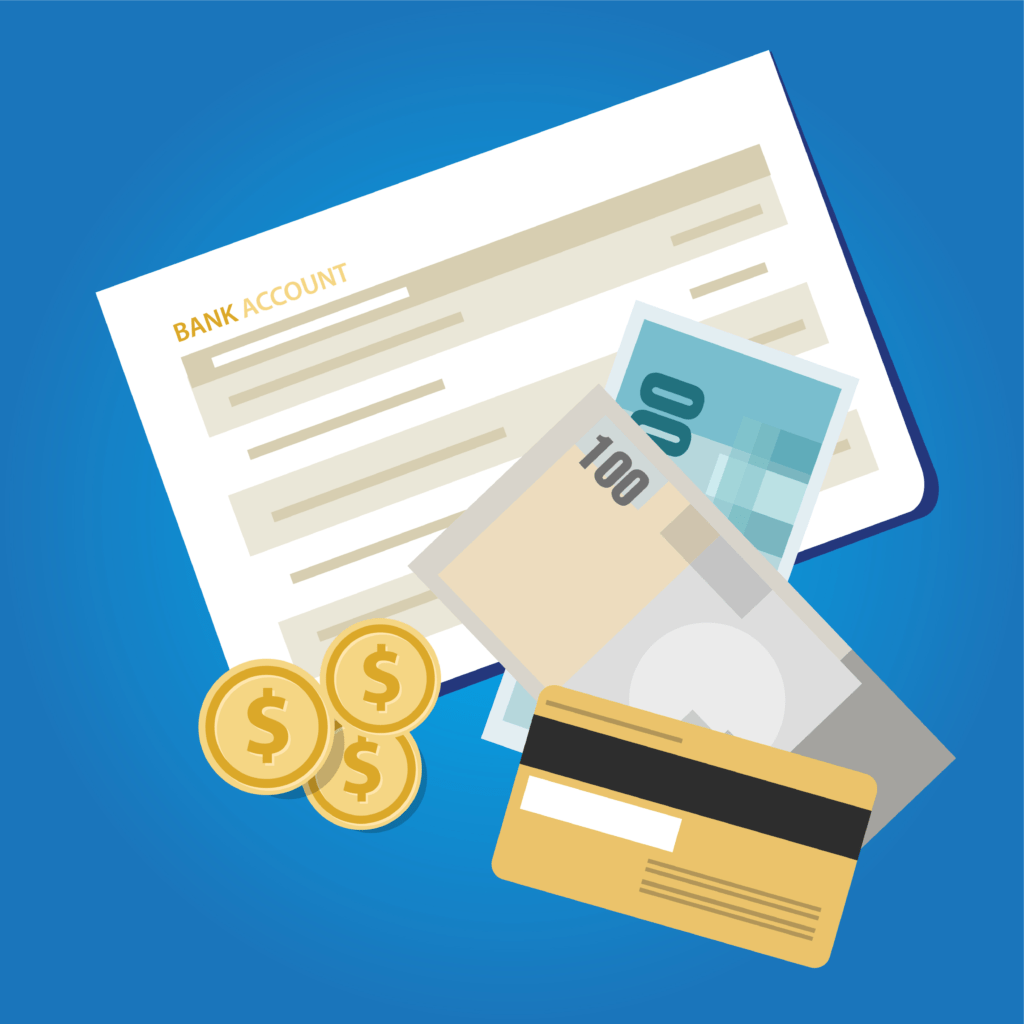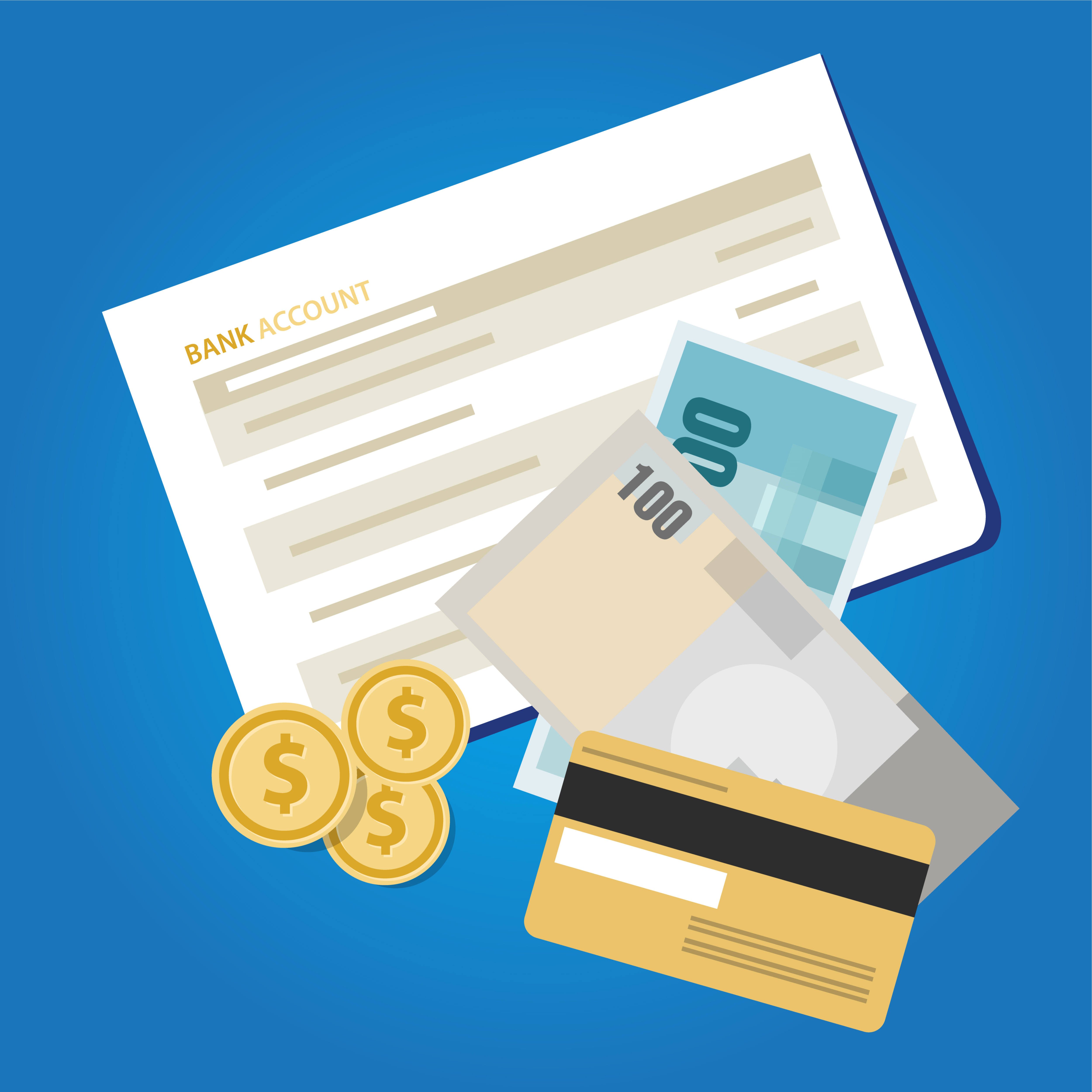
Understanding the Bank Levy
Sometimes when a debtor stops paying their bills, the creditor will sue them for the money owed. If successful, the creditor will obtain a judgment against the debtor, giving them the ability to collect the money owed to them through various means.
One method of collecting on a judgment is to have a debtor’s bank accounts levied. Accounts that have been levied will have their funds taken out and transferred to the creditor, up to the amount stated in the judgment. It’s very important for any person facing a judgment to know their options when dealing with aggressive creditors and the potential of a bank levy.
Getting the Bank Levy and Exemptions
Creditors cannot automatically go after the bank accounts of the debtor. First, they must obtain a judgment order from the court after successfully arguing their case. Then the creditor must petition the court to place a levy on a specific bank account held by the debtor and file a motion to turn over the funds.
From this point, the debtor will have a short period of time to challenge the levy and assert any exemptions available to them. A new rule enacted in May of 2011 prevents creditors from taking money from accounts that receive electronic deposits from exempt federal sources. This law is meant to stop creditors from taking money needed by the debtor for basic survival.
Federal law exempts the following benefits from being levied:
- Social Security and Supplemental Security Income (SSI)
- Federal, civil service, and railroad retirement benefits
- Veterans’ benefits
- Student loan disbursements and aid, and
- Federal Emergency Management Agency (FEMA) aid
In addition, New Jersey law also exempts:
- The first $1,000 in your account
- State aid for dependent children
- Disability, workers’ compensation and retirement benefits (generally)
- Sickness insurance policies
If an account is held jointly with another person, the creditor will only be able to seize half of the funds. Furthermore, if a debtor can show their net contributions to the account the creditor may only be able to seize that amount. This may be helpful for a married person who shares an account with a spouse that makes the majority of the contributions into it.
Options Available for Dealing with a Bank Levy
As mentioned above, once a bank account has been levied by a creditor, the debtor will have a limited amount of time to challenge the levy. They will need to demonstrate that the funds in the account are protected by an available exemption.
Those with a lot of available funds who also have judgments or other large debts should also consider filing for bankruptcy. Once a bankruptcy petition is filed an automatic stay is put into place halting all collection attempts by creditors, including bank levies, wage garnishments, and lawsuits. It’s best to contact a bankruptcy attorney before filing to see whether an individual is eligible and to choose the right strategy for the bankruptcy proceeding.
Understanding one’s rights and options can help a person with judgments against them to preserve some of their assets and get through a difficult time. Anyone dealing with a bank levy should consult with an experienced attorney immediately to learn what options are available to them at this time. At Rosenblum Law our attorneys are ready to help, call us today.
A creditor can take everything in a bank account up to the amount they are owed according to the judgment that was issued. The creditor can also levy multiple accounts in an attempt to collect what they are owed.
No. A creditor can get additional levies for the remainder of what is owed to them until they have been paid in full.
Yes, however it’s possible that this account will get levied by the creditor too. If bank levies are causing you severe financial distress it may be worth considering filing for bankruptcy which will halt collection attempts through the automatic stay.
They may notify you, but they are not required to do so. However, bank levies are typically one of the last methods a creditor will employ to collect on a debt, so it’s likely that you’ll be aware of the possibility before the levy actually occurs.
Not directly. Bank levies will not negatively affect credit themselves, but removing the funds from the account could result in the debtor not being able to make timely payments on other debts, which will negatively impact their credit history.


